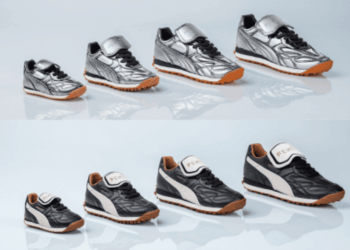“In fashion, one day you’re in, and the next day you’re out.” – Those are the monumental words of supermodel Heidi Klum, who is also the host and judge for the American reality television series Project Runway where aspiring fashion designers compete for a opportunity to break into the field.
After its greatly successful 15-season run since 2004, fashion and entrepreneurialism is now being elevated to new heights with a direct spin-off, Project Runway: Fashion Startup, showcasing hopeful fashion and beauty entrepreneurs who pitch their concepts and business plans in a bid to secure funds from investors to expand their ventures.
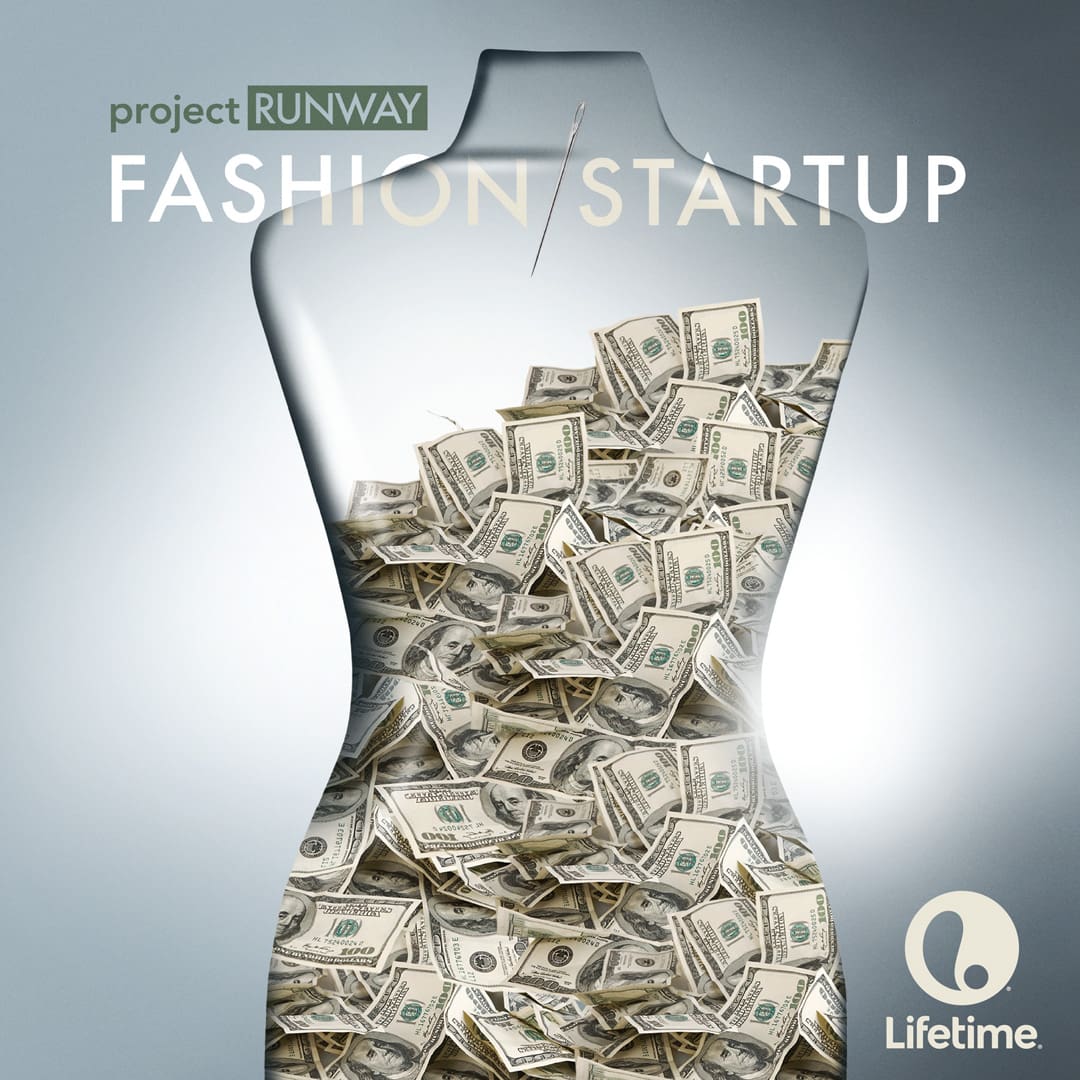
While the eight-episode series is nothing like its parent series, it is far from fluff. What makes the new Shark Tank inspired show worthwhile is the extensible outcomes that can be achieved, such as the prospect for creative partnerships, while still offering the investors room for play that isn’t limited to the entrepreneurs’ initial ask.
From receiving secrets of the trade from industry leaders like Tommy Hilfiger, Jenny Fleiss of Rent the Runway, Julie Rice of SoulCycle, Katia Beauchamp of Birchbox, Christine Hunsicker of Gwynnie Bee, Rebecca Minkoff, and Hilldun CEO Gary Wassner to being served tough love, watching the zealous entrepreneurs craft impressive pitches is beyond engaging.
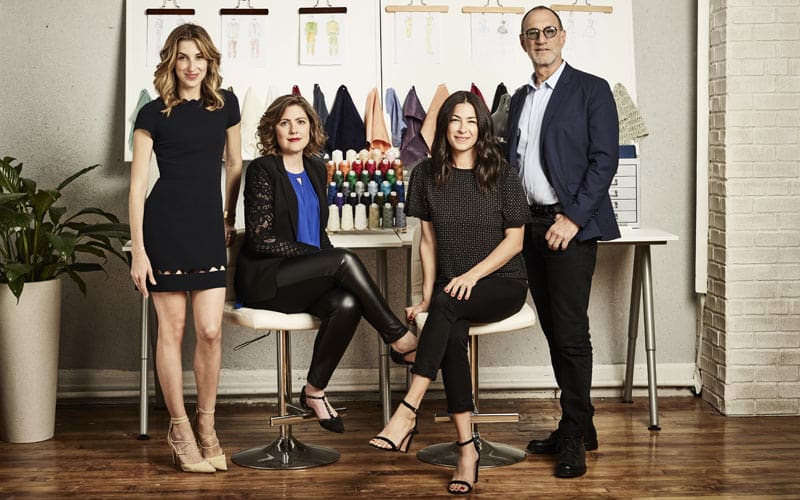
With stakes that high and promising junctures to nab, it is solely up to the budding entrepreneurs to charm their way into locking down partnerships and funds to further their endeavours.
Project Runway: Fashion Startup premieres on Thursdays (beginning May 18) at 9pm on Lifetime (Astro Channel 709), but ahead of its release, we spoke to one of the said investors on the reality programme, designer extraordinaire Rebecca Minkoff who’s been in the business since 2009.
Read on as she discusses her humble beginnings as a designer and tirelessly getting her label out there, as well as her experience on being a part of Project Runway: Fashion Startup.
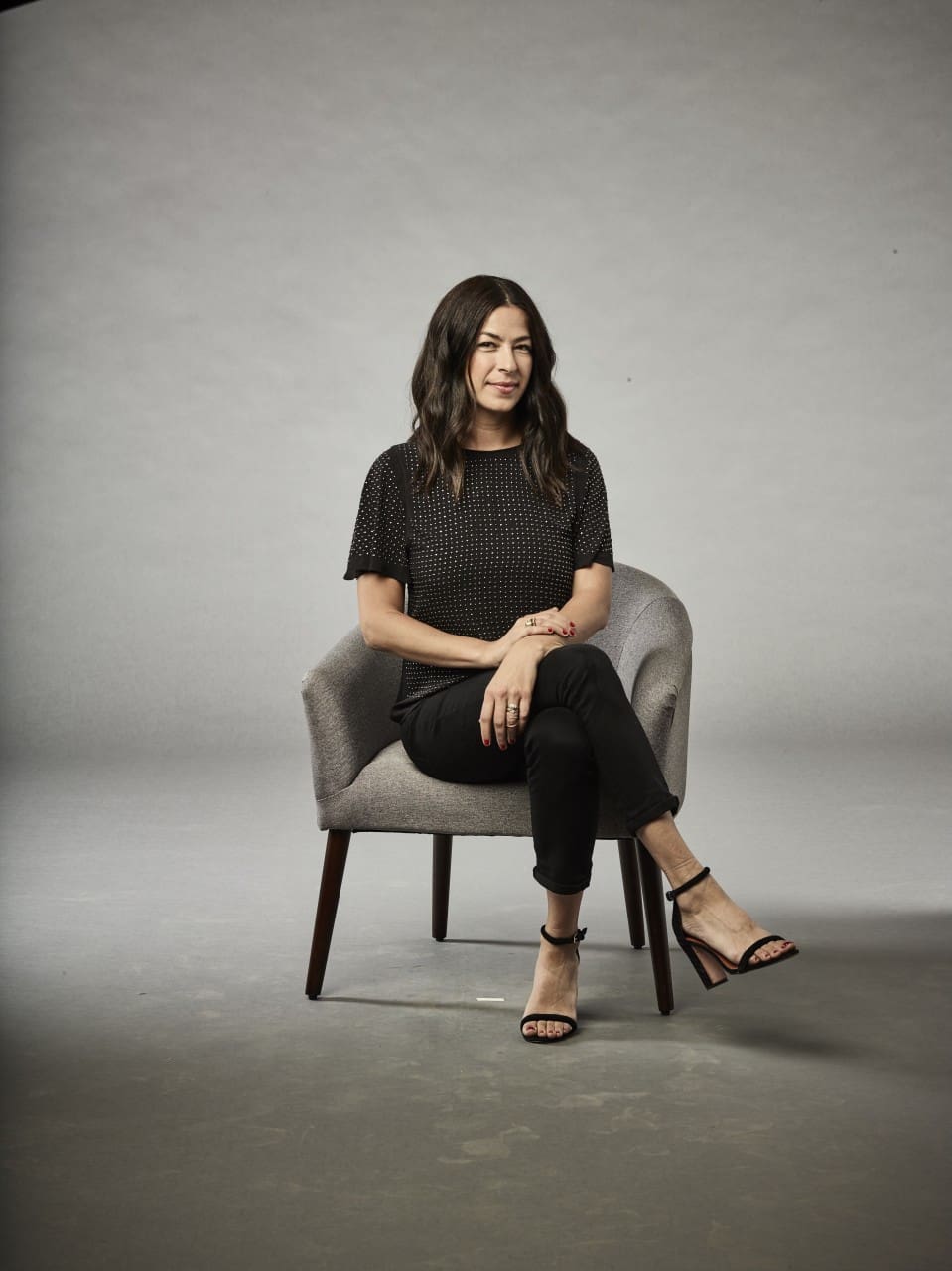
Q: How did you end up being on Project Runway: Fashion Startup?
RM: I was approached to be a judge and what I like about the show is that it is in the world of fashion and I was able to apply my 10 plus years of business experience into seeing how I can help other companies be successful.
Q: Do tell us about traits you look for in an entrepreneur.
RM: What I look for is a company that really has a good head on its shoulders, has a good business plan, is already showing signs of success and never flinches at the questions thrown at them because they are already prepared with the answers.
Q: What makes a successful pitch?
RM: What I’m really looking for is cohesive branding, marketing and a product that I know people would want. They should also have a good story to tell, be organised in the process of how they are going to market the product, what makes them unique, and what makes them different from anyone else in the market.
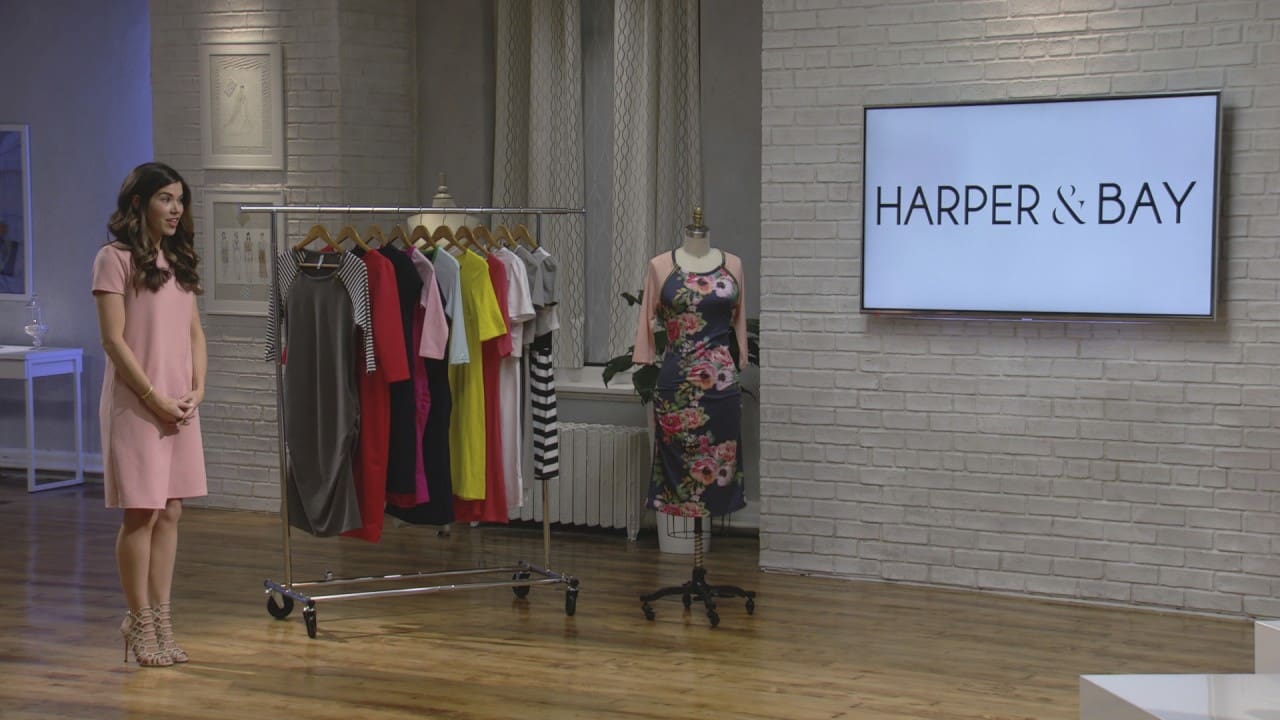
Q: Were you a nice judge on Project Runway: Fashion Startup?
RM: I think I come across as more nurturing. I try to stay positive as much as I can because people are putting themselves out there and that takes a lot of courage. I would never be that person who would make someone second guess themselves or make them feel bad for trying something new.
Q: Detail some harsh realities first-time entrepreneurs should know about.
RM: It is key to know that it’s okay to fail and that failure is inevitable. It’s a part of achieving a goal. It’s how you bounce back, how you retrench and learn from why you didn’t succeed and use that to succeed. It really takes a lot of hard work. It takes a long time to build something viable and profitable.
Q: What piece of advice do you constantly find yourself giving?
RM: I think most of my advice is really based around branding, marketing, and them telling their compelling story. My co-judges on the show were very focused on the business and metrics, but it was for me really important to make sure that they had a really good product and figure out how to brand it properly.
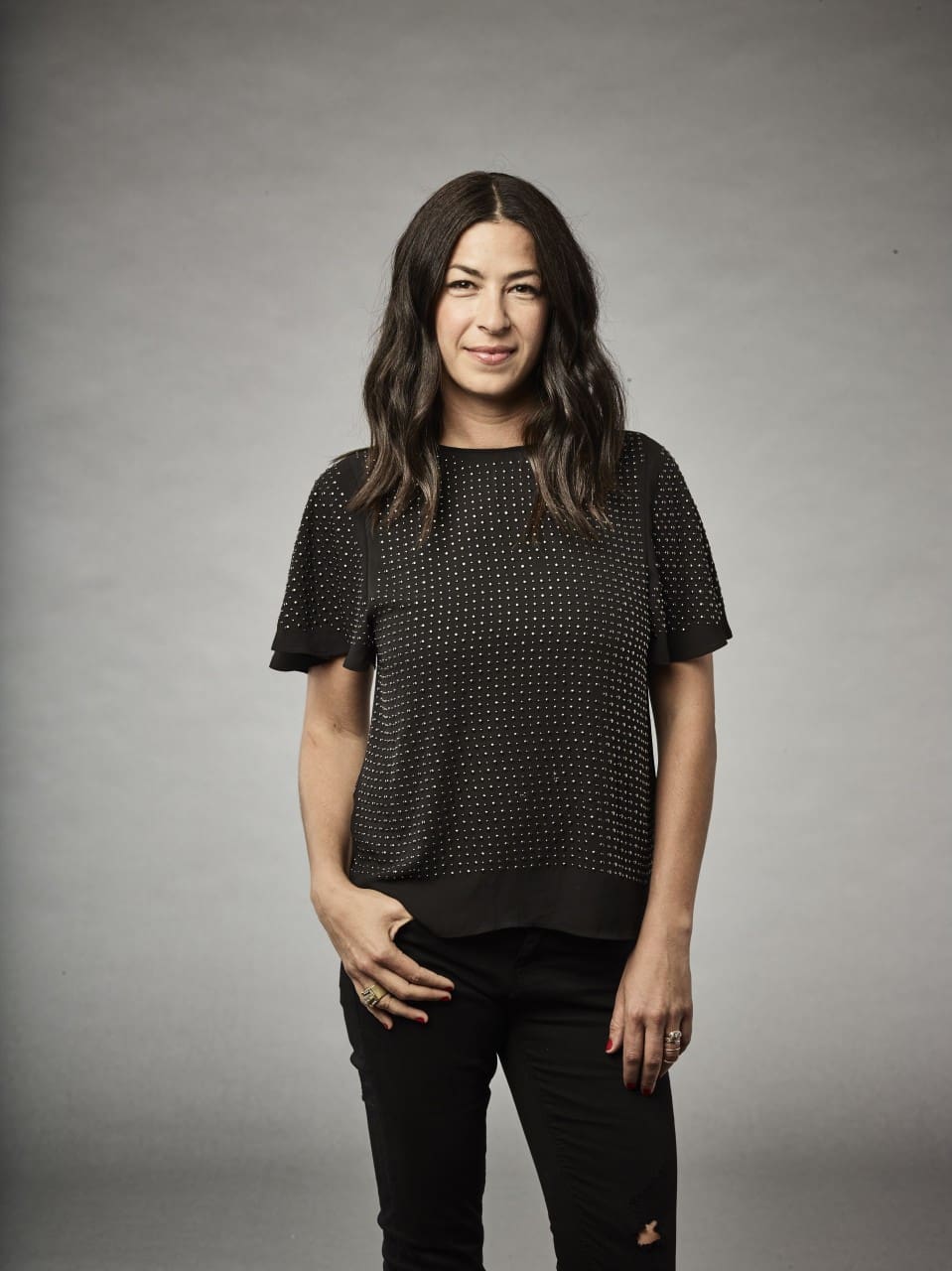
Q: When should one throw the towel and move on when it comes to entrepreneurship?
RM: If no one wants your product or sees longevity, if you’re out of money and you’ve tried every avenue and explored every nook and cranny, then I guess you should no longer continue. On the other hand, if you have a product that can stand on its own and you’ve found a whitespace, then there is a prospect there.
Q: Based on your experience on the show, what have you personally taken from it?
RM: Two things. The American dream is still very alive and real. It was very inspiring to meet people who are just starting out and to see the passion they have for their companies. Also, just learning a lot from my fellow co-hosts and their Harvard degrees, from their viewpoints, what’s important and what’s smart to invest in.
Q: How can the contestants leverage on Project Runway: Fashion Startup as a platform to spearhead their career?
RM: There is no doubt of the exposure being given to the contestants with its huge viewership and any time you get in front of that many people, it’s a great way to get your name out there and become known for something. If they are smart about utilising the success of the show to keep promoting their business, then it’s a really good place to start from.
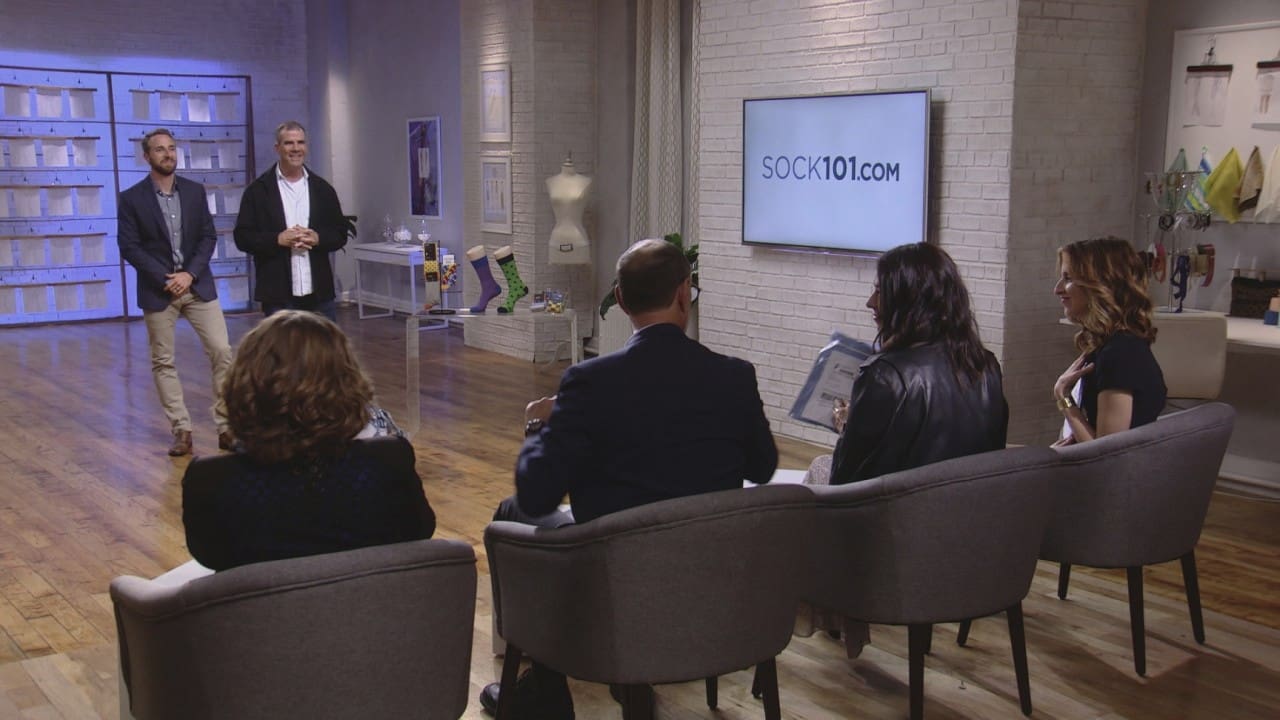
Q: The internet is changing the business landscape and social media marketing has become an important avenue. How did you adapt to the changes and how should designers do the same?
RM: We were one of the first brands to go online and talk to consumers back in 2005, so for us it was never about adapting. It was an organic evolution. As social media began to be a major force in fashion, it was something we were already fluid with. It’s important for us to talk to consumers across all social media platforms, making sure that we are constantly having a back and forth so that experience feels unique.
Q: How did you get your brand out there prior to building your business empire?
RM: In the beginning, it was just about product placement and from designing, that was my whole focus. It was to build great relationships with editors who would support the brand and there was nothing else social media wise, so I was able to put all my effort into that. We also had a great story and compelling price point, so press was very accepting of it.
Q: If you could build your brand from scratch, what would you have done differently?
RM: I probably would have invested in Facebook. I would have gotten on Instagram sooner and would have utilised that tool more as hindsight is always 20/20. I wouldn’t have been deterred when people talked us out of talking to our consumers and talked us out of utilising bloggers. I just wouldn’t be as concerned. We didn’t listen to them, but there was that fear that they may have been right. Looking back, we would have not been scared of what we decided to do ultimately.
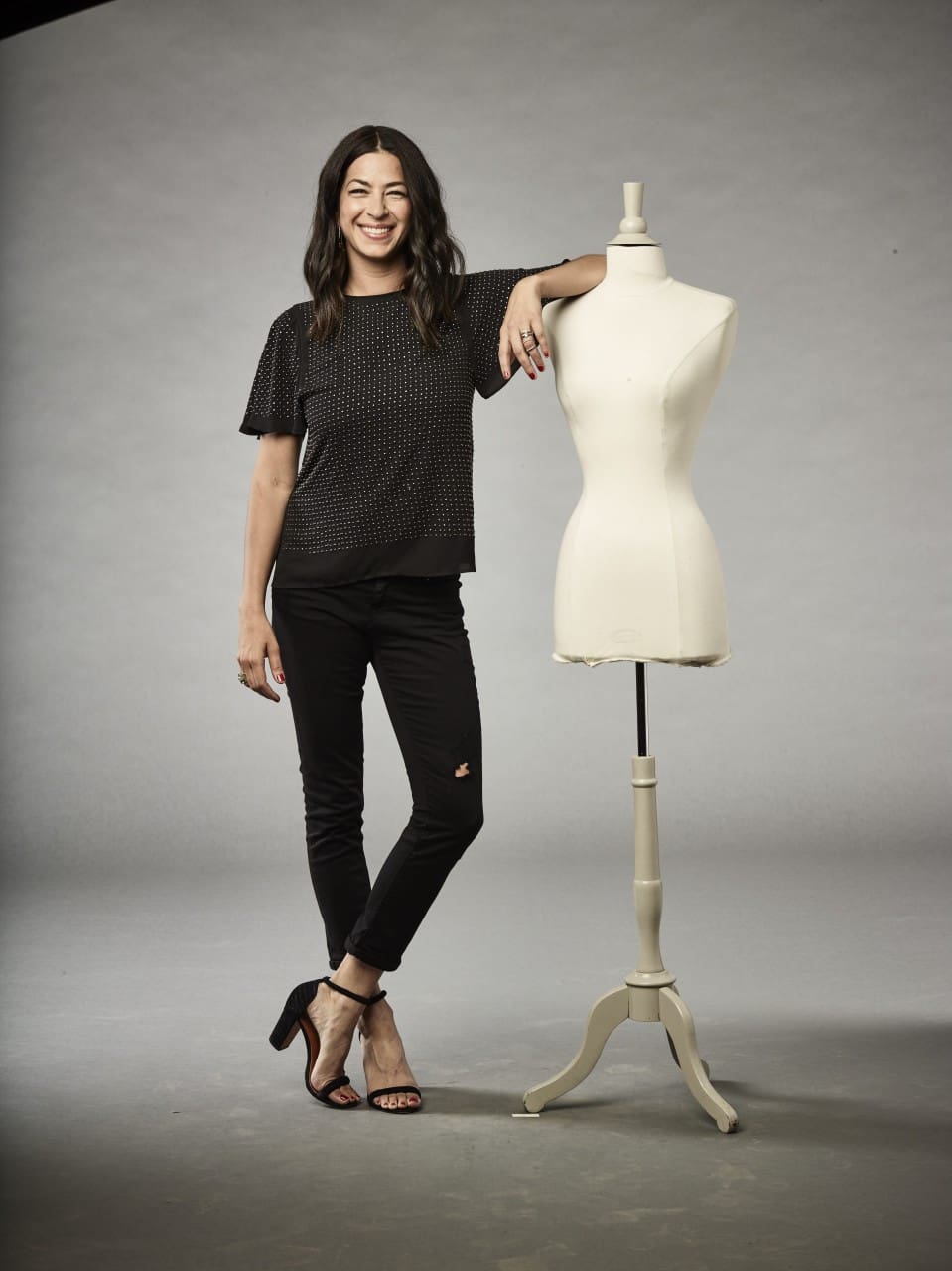
Q: Do you have any input on style trends?
RM: Aside from trend forecasting websites, there are mega events like women’s conferences, music festivals or massive gatherings that people go to, and you can see trends evolve out of those events. Street style has also changed how trends come to pass. It’s about being plugged into culture and where people in the know are experiencing, then observing what they are wearing. It can start on the street or it can be groups of people bringing something new to the foreground.
Q: I’m looking for a versatile bag that can take me from the boardroom to after-work affairs. Any recommendations?
RM: We have bags called the Mini Mac and the Love bag which are nice because you can wear them crossbody or you can adjust to make them purses. You can also take the straps off to hold them as clutches. If you were looking for one to hold a computer, there’s one we make called the Always On bag that makes a good tote.
Project Runway: Fashion Startup premieres on Thursdays (beginning May 18) at 9pm on Lifetime (Astro Channel 709).




